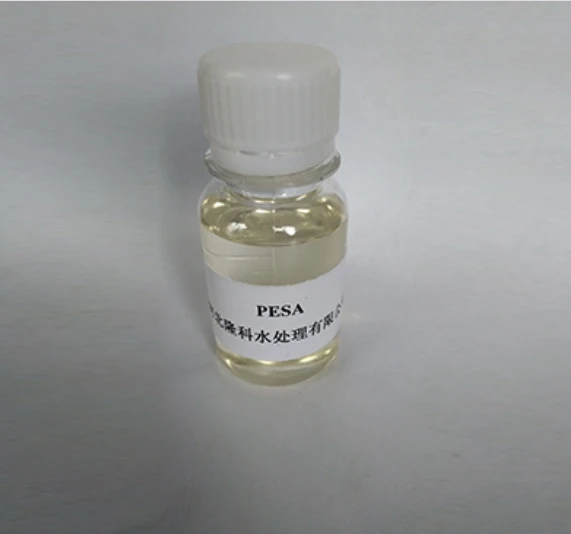Impact of Scale and Corrosion Inhibitors on System Efficiency and Longevity
Scale and Corrosion Inhibitors Essential Solutions for Water Treatment
Water is an essential resource for countless industrial processes, but it often carries with it the risks of scale deposition and corrosion. These two phenomena can lead to operational inefficiencies, equipment damage, and increased maintenance costs. Therefore, it is vital for industries that rely on water systems to implement effective scale and corrosion management strategies, chief among them being the use of scale and corrosion inhibitors.
Scale formation occurs when dissolved minerals precipitate out of the water and settle on surfaces, creating a hard deposit. Common culprits include calcium carbonate, calcium sulfate, and silica. In industrial settings, scale can accumulate in boilers, heat exchangers, cooling towers, and pipelines, reducing heat transfer efficiency, which can lead to higher energy costs and potential system failures. The presence of scale can lead to the need for more frequent cleaning and longer downtime during maintenance work.
Corrosion, on the other hand, involves the deterioration of metal surfaces due to chemical reactions with the environment, often exacerbated by factors such as oxygen, pH, temperature, and the presence of ions in water. Corrosion can result in leaks, equipment failures, and hazardous situations, making it a significant concern for industries handling water and steam systems.
To combat these issues, many industries turn to scale and corrosion inhibitors. These chemicals work by interrupting the processes that lead to scale formation and corrosion, offering a proactive approach to water system maintenance.
Scale Inhibitors
scale and corrosion inhibitor

Scale inhibitors function by either dispersing the crystals that form or altering the chemical composition of the water to prevent minerals from precipitating. Common types of scale inhibitors include phosphonates, polyacrylic acids, and chelating agents. Each of these inhibitors works differently; for example, phosphonates can bind with metal ions to keep them in solution and reduce the likelihood of scale formation. Choosing the right scale inhibitor depends on the specific water chemistry and operational conditions of the system in question.
Corrosion Inhibitors
Corrosion inhibitors protect metals by forming a protective film on the surfaces of the equipment or by reacting with corrosive agents in the water. There are various types of corrosion inhibitors, including anodic, cathodic, and mixed inhibitors. Anodic inhibitors can reduce the corrosion rate by passivating the electrode surface, while cathodic inhibitors interfere with the cathodic reaction during the corrosion process. The choice of inhibitor often depends on several factors, including the type of metal, the composition of the water, and the presence of oxygen and other corrosive species.
Implementation and Monitoring
Effectively utilizing scale and corrosion inhibitors requires careful monitoring and control of the water chemistry. Regular testing of water quality parameters such as pH, alkalinity, temperature, and the concentrations of the inhibitors is critical to ensure that the inhibitors are functioning as intended. Adjustments may be necessary to optimize the treatment and ensure the longevity of equipment.
In conclusion, the use of scale and corrosion inhibitors is crucial for maintaining the efficiency and safety of water systems in various industrial applications. By preventing scale formation and corrosion, these inhibitors not only protect valuable equipment but also enhance operational performance and reduce costs. For industries that depend heavily on water systems, investing in the right inhibitors is not just a good practice; it's a necessity for ensuring sustainable operations.
-
Dodecyldimethylbenzylammonium Chloride: High-Purity DisinfectantNewsAug.30,2025
-
2-Phosphonobutane-1,2,4-Tricarboxylic Acid: Scale & CorrosionNewsAug.29,2025
-
Premium Isothiazolinones | Broad-Spectrum Biocidal SolutionsNewsAug.28,2025
-
LK-319 Special Scale And Corrosion Inhibitor For Steel Plants: Advanced Solutions for Industrial Water SystemsNewsAug.22,2025
-
Flocculant Water Treatment: Essential Chemical Solutions for Purification ProcessesNewsAug.22,2025
-
Isothiazolinones: Versatile Microbial Control Agents for Industrial and Consumer ApplicationsNewsAug.22,2025





